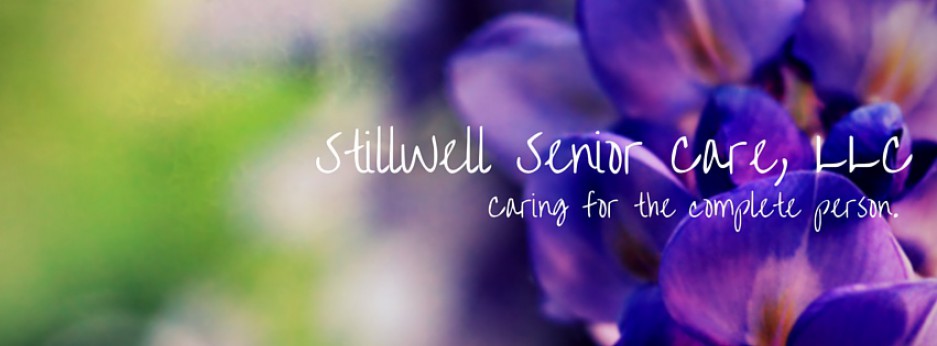This post goes to all the caregivers out there. Are you a daughter or son taking care of your aging parent? A spouse taking care of your husband or wife who has dementia? A friend, cousin or sibling that helps care for a loved one who can no longer care for herself? If so, you are one of 34 million unpaid caregivers in the United States. You are among a group of unsung heroes, with little to no support and a seemingly surmounting task in front of you. How do you manage it all?
We suspect that many, if not all of you, are lions at some point. A lion is a caregiver that neglects self-care in favor of caring for a loved one. A lion is an individual who “holds it all in” as not to upset her loved one or other family members. A lion is you. This is a great story about a lion caregiver, and how, overtime it can really affect the wellbeing of yourself, and the ones you love.

Picture from Huffington Post: Caregivers: The Problem With Being Strong (2016)
How does this post relate to #mindfulmonday? Because research shows that mindful practices are the number one way to reduce caregiver burnout. This Monday we challenge the caregivers out there to use our UPC method to take care of themselves, for a change.
UPC – Three Steps to Caring for the Caregiver
UPC *think UPS* is our three step system to help you cope with the difficulties of caregiving. Think of it as your tool to deliver to good care. Did you see what we did there? Huh? We think we’re pretty punny! Anyway, here is how it works…
Understand: We know your job is frustrating, and that your first reaction is to grow agitated when you can’t get a minute of personal time, when you have to repeat the same thing five times, or when your loved one is angry and uncooperative. We love this little prayer/mantra to help us keep perspective.

Plan: We find that most family caregivers are stressed because they just don’t know what to do. This is an overwhelming role, filled with many dynamic components and most caregivers are thrust into it without training. This is exactly why we have the Family Plan — when you have a plan to follow, you have confidence you are doing the right thing for your loved one.
Cope: You can’t continue on empty! We repeat, you need regular maintenance and recharging to continue the emotionally and physically demanding work that you do. Research shows that the two most beneficial techniques to help family caregivers cope and recharge are 1) stress reduction techniques and 2) respite care.
- Stress Reduction Techniques: Here are ten great stress reduction techniques. If you choose just one and focus on incorporating it into your life, we bet you will see a change for the better.

2. Respite Care: Hire an agency, like StillWell Senior Care, LLC, to come to your loved one’s home just once or twice a week, so you get a break. This is far more affordable than you may think. If this is not an option, try to find another loved one who is willing to help out, occasionally, or contact your local Department of Aging to see if you qualify for any support services.
Caregivers, this week put 10% of the effort that you put into your loved ones into yourself and you will see great results!

